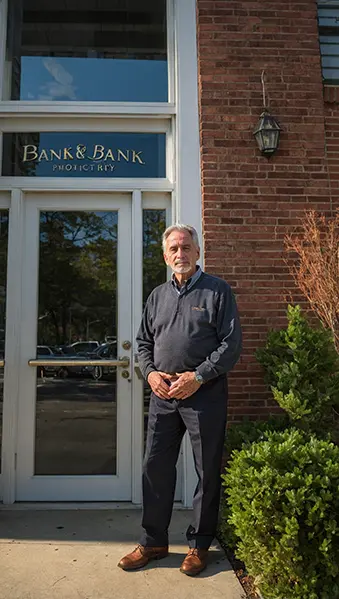Buying a House Near Retirement Age:
Should You Take Out a Mortgage or Pay All Cash?
Buying a House Near Retirement Age:
Should You Take Out a Mortgage or Pay All Cash?
Should You Take Out a Mortgage or Pay All Cash?

When nearing retirement, choosing between taking out a mortgage and paying all cash for a new home is a major financial decision. Each option has its benefits, and the right choice will largely depend on personal financial goals, risk tolerance, and the overall retirement plan. Below, I’ll walk you through the pros and cons of both choices, helping you make an informed decision that aligns with your future financial security.
1. Financial Flexibility vs. Peace of Mind
One of the biggest decisions retirees face is balancing monthly expenses with financial peace of mind. Paying all cash can free you from monthly mortgage payments, but it could reduce liquidity and limit your financial flexibility. Here’s a look at each option in detail:
Paying All Cash
– Pros: Owning a home outright provides peace of mind, eliminating the need for monthly mortgage payments. This can simplify budgeting, reduce long-term housing costs, and potentially save you thousands in interest.
– Cons: Paying cash requires liquidating a large portion of your assets, potentially limiting cash flow for other retirement needs. Tying up substantial savings in real estate may reduce financial flexibility in case of unforeseen expenses, such as healthcare.
Taking Out a Mortgage
– Pros: With interest rates still relatively low, taking out a mortgage allows you to retain cash reserves for investments, healthcare, or travel. Mortgage interest can sometimes be tax-deductible, which may offer additional financial advantages if you itemize deductions.
– Cons Monthly mortgage payments mean added expenses, and qualifying for a mortgage could be more challenging without steady employment income. Additionally, carrying debt into retirement can create financial stress, especially if income is limited.
2. Tax Benefits of a Mortgage
Mortgage interest is generally tax-deductible, providing potential tax savings if you choose to finance your purchase. While tax benefits alone shouldn’t drive your decision, they can make a mortgage more attractive from a long-term financial standpoint. Paying all cash, by contrast, means forgoing this deduction, which may impact your annual tax strategy.
3. Opportunity Cost of Cash
Withdrawing a large sum to pay cash for a home means missing out on potential gains from investing that money elsewhere. If you have investments with higher returns than your mortgage interest rate, a mortgage could allow you to continue earning returns on those investments. However, this involves market risk, which some retirees may prefer to avoid in favor of financial stability.

4. Predictability and Stability
For many retirees, knowing exactly what their monthly expenses will be is essential for financial stability. A mortgage payment provides predictability, but it’s a regular expense that requires disciplined planning. In contrast, paying cash means you don’t have to worry about future housing payments, which may be appealing for those on a fixed income.
5. Health and Long-Term Care Considerations
Health and longevity are critical factors when deciding between a mortgage and an all-cash purchase. Retirees with significant health concerns may find greater peace of mind in a debt-free home, where the asset could be sold to fund long-term care if needed. On the other hand, those in good health with family support may feel comfortable maintaining liquidity through a mortgage.
6. Estate Planning
Consider how each option aligns with your estate planning goals. Paying all cash simplifies homeownership transfer, while a mortgage can be paid off through life insurance or other means, allowing heirs to inherit the property without shouldering debt. If passing on your property to heirs is a priority, consult with a financial advisor to determine which option aligns best with your estate planning goals.
Final Thoughts
Ultimately, the decision to take out a mortgage or pay all cash near retirement age comes down to your personal financial goals, risk tolerance, and retirement lifestyle. Both paths have advantages and potential drawbacks, and there is no one-size-fits-all answer. To make the best decision, consult with a trusted financial advisor or real estate expert who can help you evaluate your unique financial situation, long-term goals, and the best way to achieve a comfortable and secure retirement.
If you’re ready to take the next step or need more tailored guidance, I’m here to help! Whether you’re buying or selling, let’s create a plan that works for you. Reach out to schedule a free consultation.
